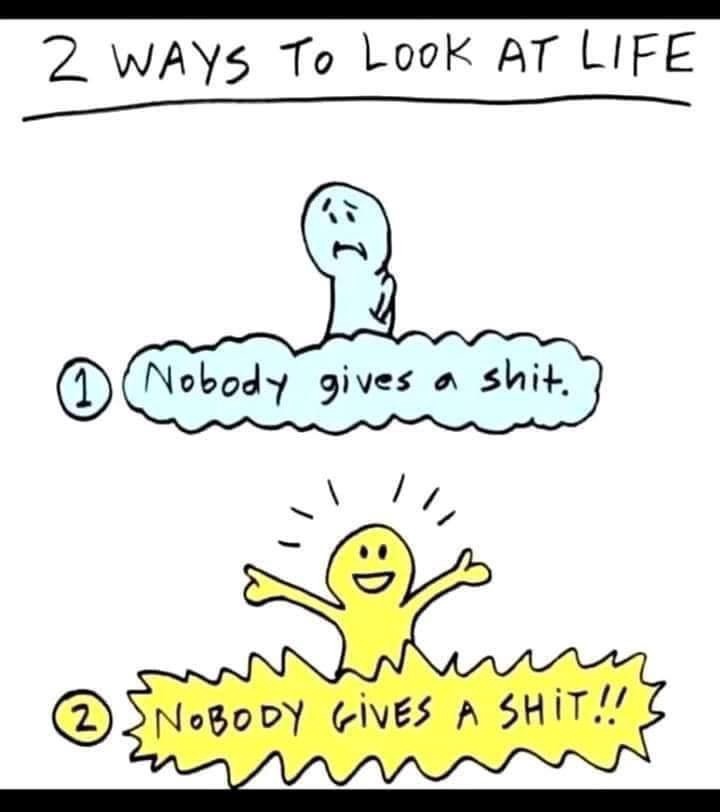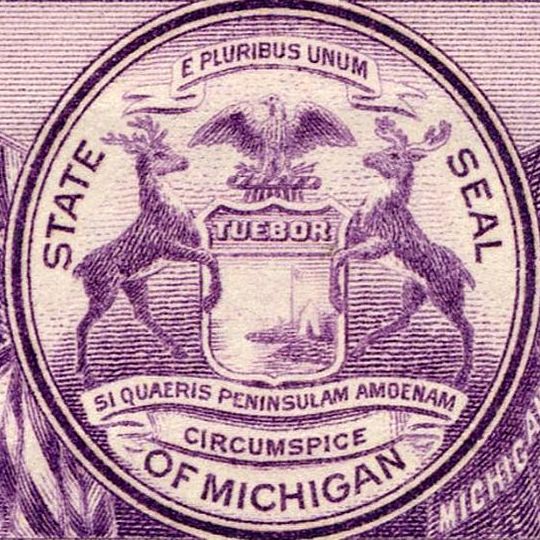- 13 Posts
- 60 Comments
I mean, yeah, 1000 people is enough assuming there’s no sampling bias. But if you’ve got sampling bias, increasing the sampling size won’t actually help you. The issue you’re talking about is unrelated to how many people you talk to.
Your own suggestion of splitting up the respondents by state would itself introduce sampling bias, way over sampling low population states and way under sampling high population states. The survey was interested in the opinions of the nation as a whole, so arbitrary binning by states would be a big mistake. You want your sampling procedure to have equal change of returning a response from any random person in the nation. With a sample size of 1000, you’re not going to have much random-induced bias for one location or another, aside from population density, which is fine because the survey is about USA people and not people in sub-USA locations.

 2·20 days ago
2·20 days agoAh. I personally wouldn’t care, then. In fact, I would be honored in this situation l. But, I’m sure there are those that would feel differently.

 6·20 days ago
6·20 days agoA degree should have no sensitivity towards anything outside of the classroom. Did you pass all the classes you needed to? You get your degree. Full stop.

 221·20 days ago
221·20 days agoI think we need to talk about your discord notifications…
The oil companies reconglomerated, in part, because we stopped enforcing anti-trust nearly as much as originally intended when we started using the stupid-ass Chicago school of thought from the 1970s onwards. It’s only in the last ten years or so that’s it’s become legally reasonable to say “hey actually the Chicago school of though kinda sucks.” Standard Oil in particular is a bad anti-trust example because Rockefeller was such a personality cult that everyone around him was completely wrapped around his finger. In any case, you can still punish companies for price fixing if you’ve force them to be legally separate, which you can’t do if it’s all one legal organization.
The telecom industry is another example where anti-trust break-ups didn’t lead to more competition, for somewhat similar reasons. They were broken up by geographic regions and each region made gentlemen’s agreements not to expand into each other’s territory. When we stopped enforcing anti-trust as much, they bought each other out.
In general, however, breaking up monopolies is effective, so long as doing so actually creates competition in the marketplace. This is most effective in markets with low barriers to entry or ones where there’s already a large number of smaller companies that are simply too small for meaningful competition with mega-corp. It’s least effective in markets with extremely high barriers to entry or ones where it’s easy to collude and get away with it. In any case, it’s still worth it to break up monopolistic companies because it still reduces their power, even if it does so more effectively in some markets than others. Among other benefits, it makes it easier for new competitors to establish themselves in the market, since their competitors have a harder time utilizing unfair practices the smaller they are.
I mean, just break up the massive corporations. Capitalism requires seller competition in the marketplace in order to provide an incentive to drive down prices. If there are too few players, they can easily make unspoken agreements to fuck over consumers.
I very much wouldn’t. I’m not interested in the kinds of things a young trophy wife is going to offer. I think being a rich megastar would be bad for my dating game, because it would attract all the wrong people.
The way statistical sampling works, 1000 people in a population of 300,000,000 is actually good enough for most things. You can play around with numbers here to convince yourself, but at 95% confidence 1000 people will give an answer to within 3% of the true answer for the 300,000,000 population.
Suddenly trying to convince all my friends and family I’m from France.
YMYDYMYD
Lol, I’m sorry you’re getting downvoted for speculating about improving weights and measures in a thread about wanting better weights and measures.
I kinda thought the title made it clear I was an American.
DST is good actually. Fite me.
A million percent AI.

 6·1 month ago
6·1 month agoLemmy has lots of “both sides” bullshit, to the point where people are now making fun of that argument before it even presents itself.
 1·2 months ago
1·2 months agoSure, but don’t make promises if you’re not gonna keep them. I’m all for nonproliferation, and I see the failure to help defend Ukraine to be a big problem in when convincing other countries they don’t need nukes.
 31·2 months ago
31·2 months agoThis is what happens when you promise you’d protect a country if they gave up their nukes, and then you don’t protect that country when they get invaded.
What is it about role-playing that’s strictly masculine? Like, why does the group have to be gendered?















They don’t want to help, they want to rule. The emergency gives them an excuse to take control.